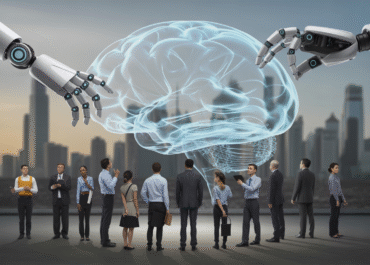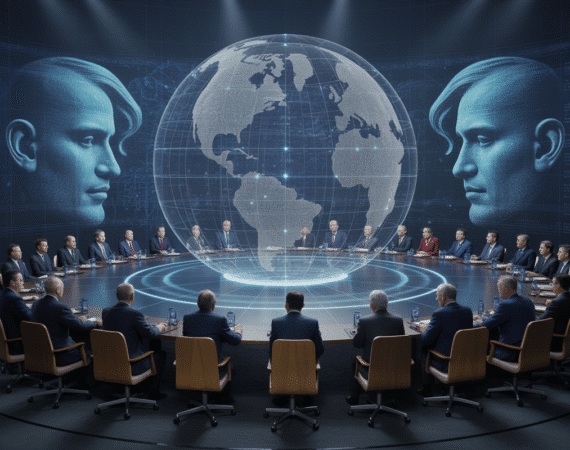Meta's Ambitious Leap: Fully Automating Advertising with AI by 2026
The landscape of digital advertising is on the cusp of a significant transformation, spearheaded by an ambitious goal from tech giant Meta. According to recent reports, Meta is setting its sights on a monumental achievement: fully automating its advertising operations through Artificial Intelligence by 2026. This isn’t just an incremental update; it signifies a profound shift in how ads are created, targeted, optimized, and managed across its vast platforms, including Facebook, Instagram, and WhatsApp.
The Vision: Why Full AI Automation?
For years, advertisers have relied on Meta’s sophisticated tools to reach their desired audiences. While powerful, these tools still require significant human input for campaign setup, audience segmentation, bidding strategies, and creative testing. Meta’s push towards full AI automation aims to eliminate much of this manual heavy lifting, leveraging AI to handle the complexities at an unprecedented scale.
The underlying motivation is multifaceted: to enhance efficiency, maximize ROI for advertisers, and ensure the most relevant ads reach the right people at the optimal time. AI can analyze vast datasets in real-time, identify patterns that humans might miss, and make instantaneous adjustments to campaigns, leading to superior performance. This vision aligns with the broader advancements seen in AI, as highlighted by various technology news outlets covering the latest in artificial intelligence breakthroughs.
Benefits for Advertisers and the Ecosystem
The promise of fully automated advertising is enticing for businesses of all sizes. For advertisers, this means:
- Unmatched Efficiency: Significantly reduced time and effort spent on campaign management, freeing up resources for strategy and creative development.
- Optimized Performance: AI algorithms can continuously learn and adapt, dynamically adjusting bids, targeting parameters, and even creative elements to achieve the best possible results.
- Hyper-Personalization: Delivering ads that are not just relevant, but individually tailored to a user’s current interests, behaviors, and stage in their buying journey.
- Accessibility: Potentially leveling the playing field for smaller businesses by simplifying complex ad operations, making sophisticated advertising strategies more accessible.
For Meta, this automation could lead to increased ad spend as businesses see greater returns, a more streamlined internal ad management system, and a stronger competitive edge in the highly lucrative digital advertising market.
Navigating the AI Frontier: Challenges and Implications
While the benefits are clear, achieving full AI automation by 2026 presents significant technical and ethical challenges. It requires extremely robust and sophisticated AI models capable of understanding nuances in human language, visual content, and complex user behavior, all while adhering to privacy regulations like GDPR and CCPA.
Furthermore, the implications for human roles in advertising agencies and marketing departments are considerable. While AI will automate repetitive tasks, it will likely elevate the need for strategic thinkers, creative innovators, and AI specialists who can guide and interpret the automated systems. The focus will shift from execution to strategic oversight and creative brilliance.
Meta’s audacious goal to fully automate advertising with AI by 2026 marks a pivotal moment for the digital marketing industry. It signals a future where advertising is not just data-driven, but autonomously intelligent, capable of delivering unparalleled precision and efficiency. As AI continues its rapid evolution, the next few years will undoubtedly reshape how businesses connect with consumers, making Meta’s journey a critical one to watch.


